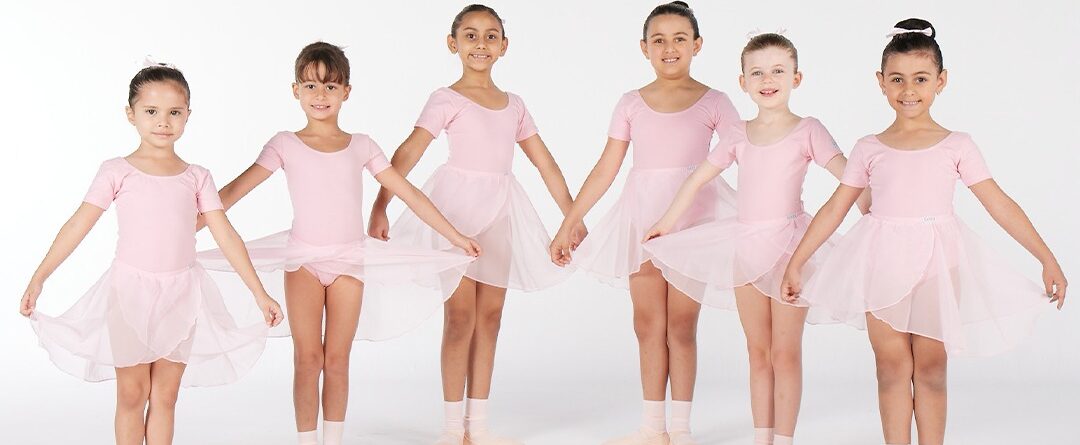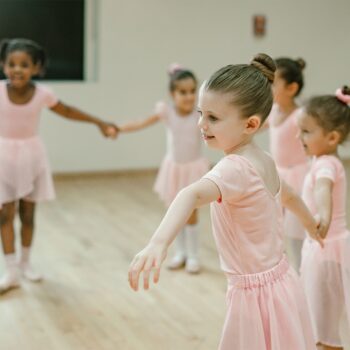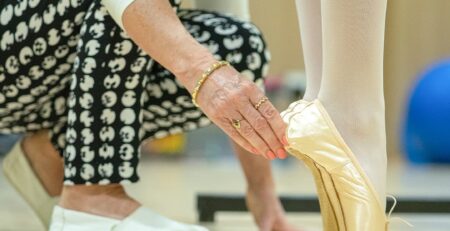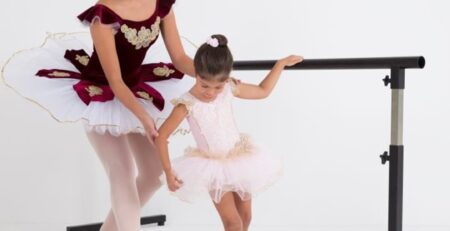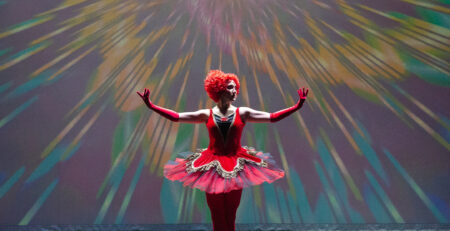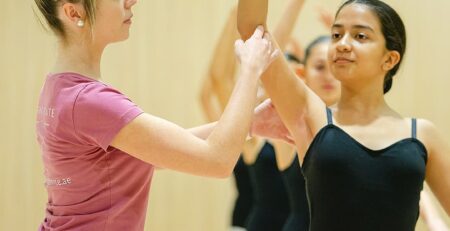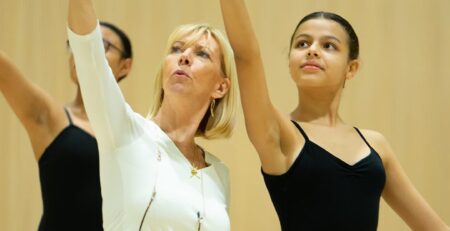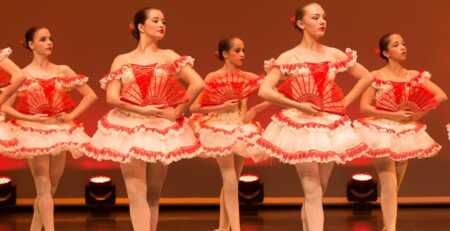The Impact of Dance Education on your child’s Development
Childhood is a fascinating period of growth, exploration, and learning. As parents and educators, we constantly seek innovative approaches to provide a comprehensive learning environment beyond the confines of traditional academic education. Herein lies the profound value of dance education. Beyond a simple artistic pursuit or physical activity, it represents a unique, multifaceted journey of growth and development. It caters to the various aspects of a child’s development – physical, emotional, cognitive, and social. This blog post will explore how children develop through dance, unfolding its wide-ranging benefits and transformative potential in shaping children’s lives.
Benefits of Dance Education
Dance education is not simply about learning dance steps and moving rhythmically to music. Instead, it is a rich confluence of artistic expression, physical movement, emotional connectivity, and cognitive stimulation. It’s a dynamic and engaging approach that can significantly enhance a child’s understanding of themselves and the world around them.
Physical Development in Children
Dance is a crucial element in the physical development of children. Children improve their strength, balance, and endurance through various dance styles. The intricate steps and movements promote better coordination and flexibility and enhance agility. Furthermore, regular dance practice improves cardiovascular health, muscle tone, and overall fitness. Therefore, dance education is not merely an artistic pursuit; it’s a pathway towards a healthier lifestyle, ensuring children grow into fit and active individuals.
Emotional Development in Children
Dance is an expressive art form that communicates emotions without words. As children learn to channel their feelings through dance, they better understand their emotions. It also helps them to identify and manage their feelings more appropriately. Over time, this emotional literacy, fostered through dance, contributes significantly to the emotional maturity of children, helping them navigate their feelings and emotions with more confidence and understanding.
Social Awareness
Children engaging in dance inevitably become part of a diverse social group. They learn to collaborate on group routines, respect personal space, and appreciate the varying abilities of their peers. Children also gain exposure to different cultures through dance styles, fostering a greater sense of cultural sensitivity. All these experiences contribute to their social awareness and interpersonal skills, aiding them in building positive and respectful relationships in their future social interactions.
Cognitive Development
Dance is a stimulating exercise, not just for the body but also for the mind. Remembering complex steps, understanding rhythm, counting beats, and creating their dance sequences all contribute to cognitive development in children. These activities demand concentration, memory retention, and creative thinking, sharpening their cognitive abilities. As a result, dance education can significantly enhance children’s problem-solving skills and creative thinking abilities, preparing them for more complex cognitive challenges.
Resilience
Mastering dance moves requires patience, determination, and perseverance. This journey, from the first uncertain step to the final polished performance, instils resilience in children. Dance steps can be complex and challenging; perfecting them takes time, patience, and repeated attempts. This process of trial, error, and eventual success teaches children the valuable lesson that setbacks are a part of the journey towards success. Once learned on the dance floor, this resilience translates into other areas of life, helping them face future challenges with determination.
Learning Beyond the Dance Steps
Children learn more than just dance steps in a dance studio. They embark on a journey that teaches them invaluable life skills.
Confidence
Dance education serves as a fertile ground for fostering confidence in children. As they learn and master new dance moves, they experience a sense of accomplishment that bolsters their self-esteem. Though initially nerve-wracking, performing in front of an audience gradually becomes an empowering experience. Over time, this exposure helps children overcome stage fright and communicate their ideas more confidently on the dance floor and in their everyday lives. Thus, dance education goes beyond teaching dance steps; it shapes robust, confident individuals ready to face the world.
Discipline and Dedication
The training process in dance classes for kids is a compelling lesson in discipline and dedication. Regular practice and the desire to perfect their moves teach children the value of persistence and hard work. The discipline of attending classes regularly, rehearsing routines and refining techniques instils a sense of responsibility in them. Similarly, the dedication required to master a challenging choreography teaches patience. Once learned, these virtues can be applied in all future academic, professional, or personal endeavours.
Mindfulness
Dance is a highly engaging activity. It requires children to be completely present at the moment, focusing on their movements, the rhythm of the music, and their spatial awareness. This attentiveness is similar to mindfulness, a concept widely recognised for its mental health benefits. Through dance education, children unknowingly practice mindfulness, which can help reduce anxiety, improve concentration, and promote a sense of calm.
Cultural Appreciation
In a more interconnected world than ever, fostering cultural appreciation in children is vital. Dance education can play a significant role in this. Dance classes can broaden their horizons by introducing children to dance forms from different cultures, like Ballet and Hip-Hop. It exposes them to the diverse ways people worldwide express themselves through dance, fostering a sense of respect and appreciation for cultural diversity.
Boosting Self-Efficacy
Performance is a key aspect of dance education. When children perform a dance routine they’ve learnt, it’s not just a display of their dance skills. It’s a testament to their hard work, dedication, and ability to overcome challenges. Each successful performance boosts their self-efficacy – their belief in their ability to achieve goals. This sense of self-efficacy can extend beyond the dance studio, encouraging children to tackle challenges confidently in other areas of life.
Emotional Intelligence
Dance is an expressive art form often used to convey emotions. When children learn to express their feelings through dance, they recognise and manage their emotions. This can contribute significantly to their emotional intelligence, a key factor in maintaining healthy relationships and achieving personal and professional success in later life.
Turning Pointe: Dance Academy Near Me
Is your child ready to step onto the dance floor and embrace the world of dance? Consider Turning Pointe Dance Academy, a renowned dance studio for kids and adults. We offer a variety of dance classes for kids near you, with a strong focus on individual growth and a fun learning environment. This supportive, positive place is perfect for your child’s dance journey.
Remember, dance education is about learning, growing, and expressing oneself. It is a holistic learning experience that offers numerous benefits for children. It goes beyond the physical and enters the realm of cognitive, cultural, social and emotional development in children. So, why not let your child experience dance’s joy and reap its benefits?


